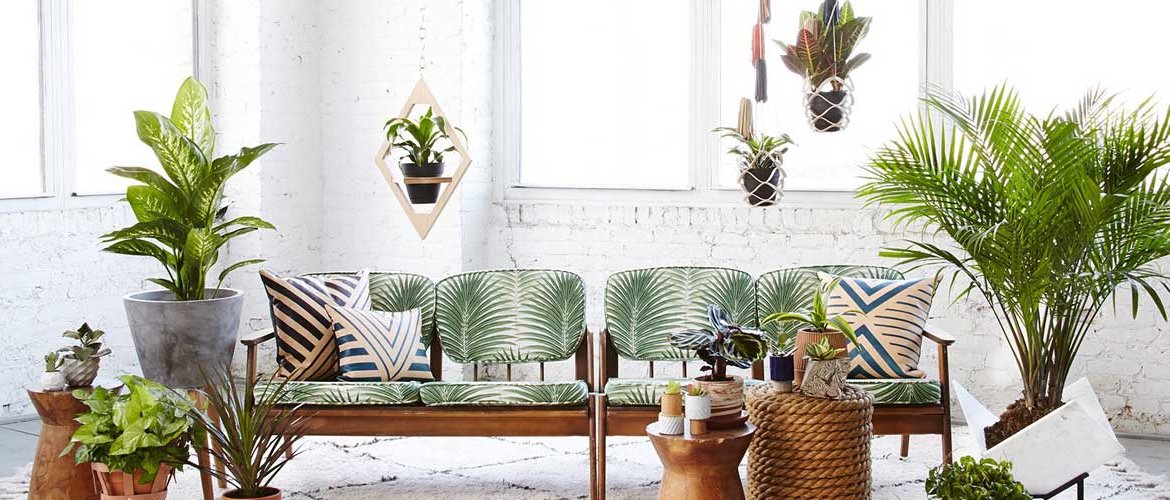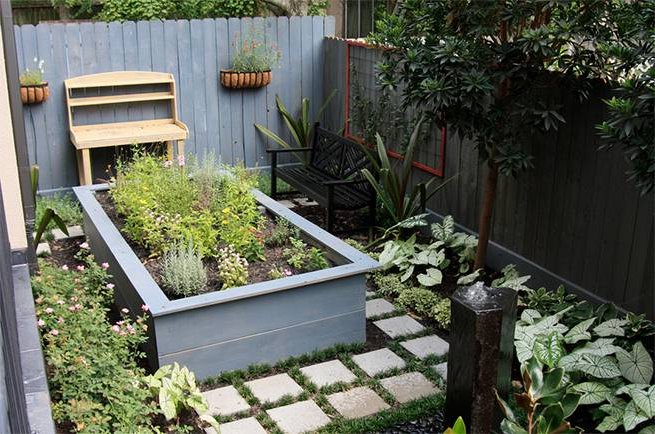Energy saving and household appliances: tips for an efficient home
A new year has begun and, among the resolutions you have set yourself, is to be more respectful of the environment. To do this, one of the first actions you should take is to opt for efficient appliances. There is a direct relationship between energy saving and household appliances. With these basic tips you will be able to contribute to sustainability. They are simple gestures with which you win and the planet wins.
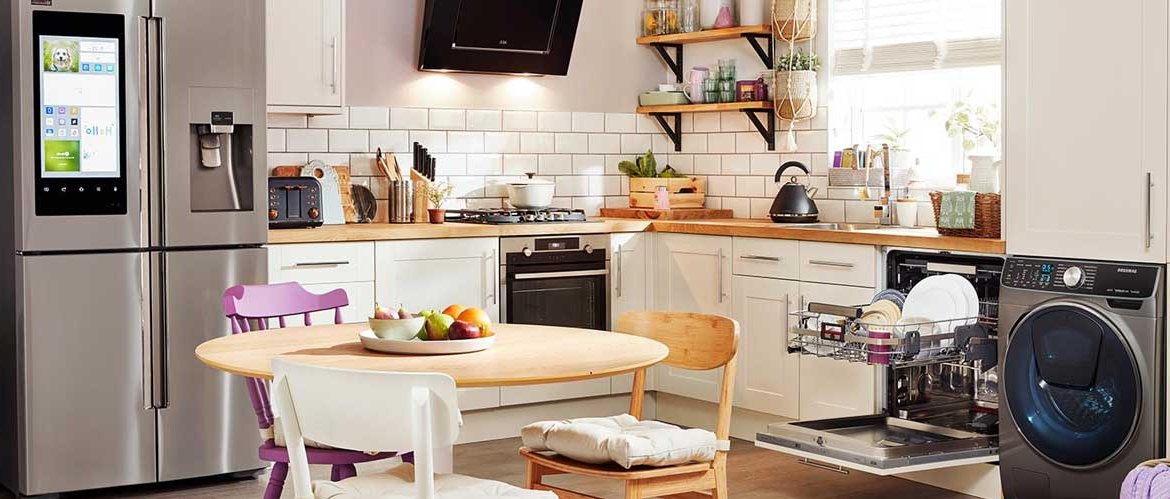
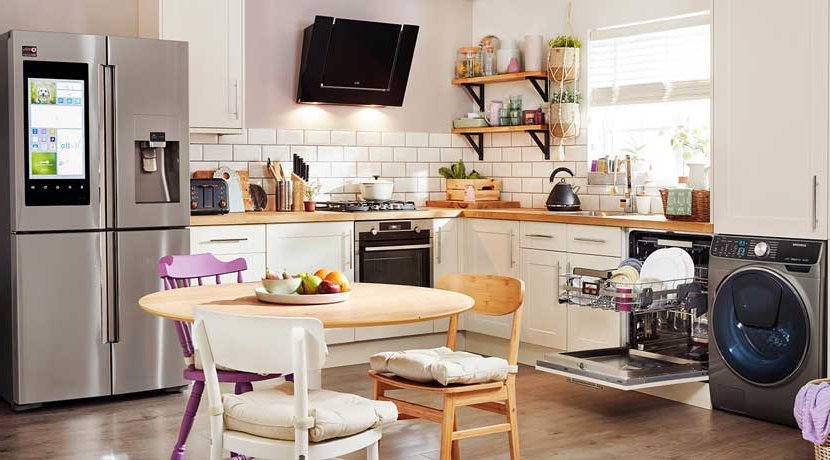
To promote energy savings, opt for appliances with an A energy label. The most energy-consuming appliances are the refrigerator, washing machine and dishwasher.
If your old appliances need to be renewed, look at the energy labels when you go to buy them. Always opt for class A appliances as they can save up to 70% of their useful life.
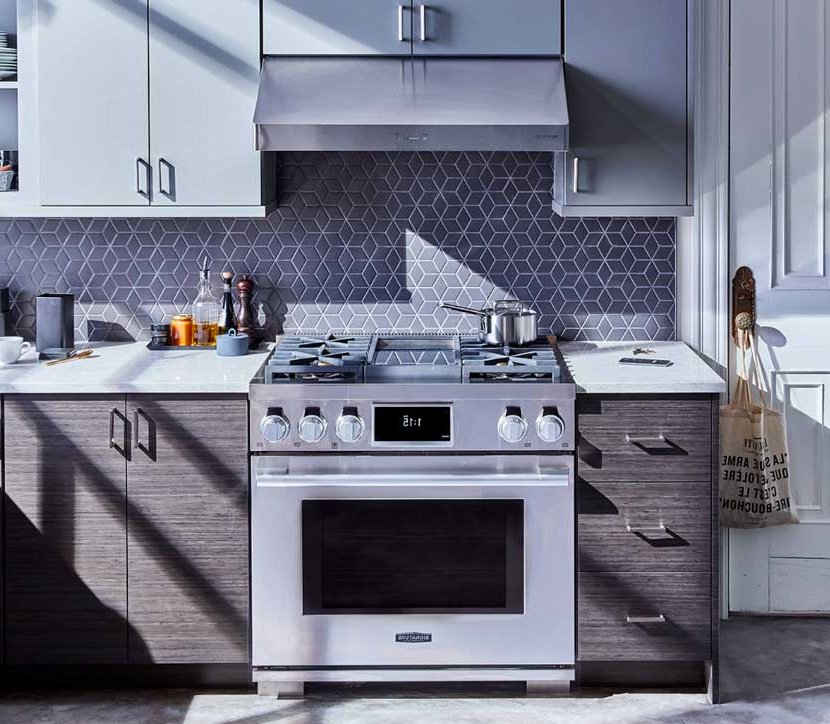
The refrigerator should be away from heat emitters, such as radiators or the kitchen stove itself. It should also be kept clean and frost-free. Did you know that 19% of the electricity you spend at home is used to cool food?
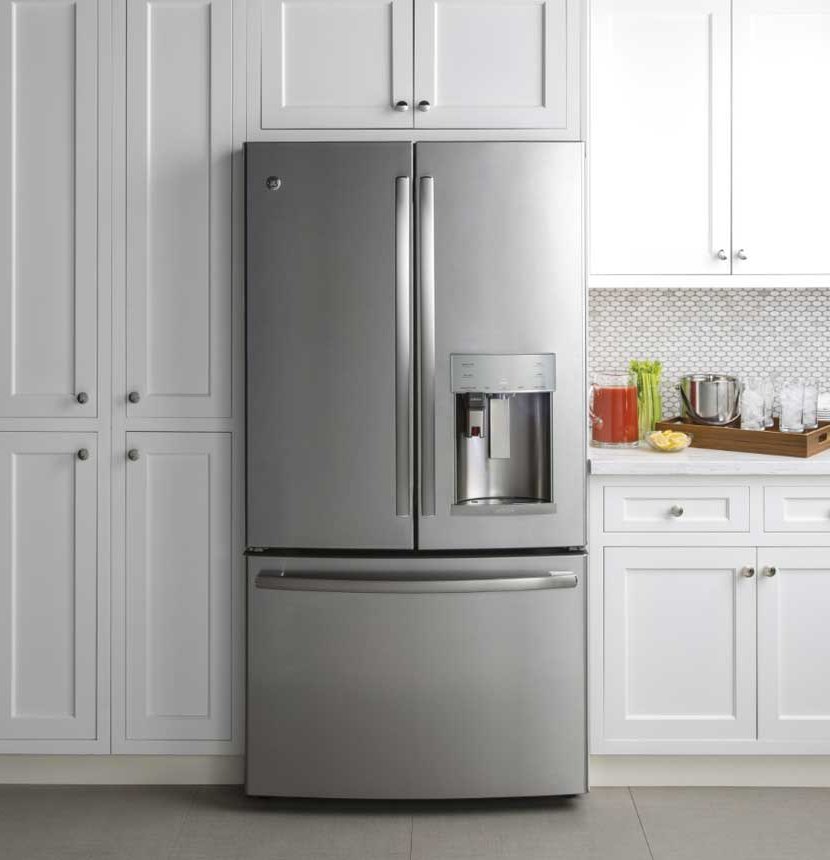
Washing machines and dishwashers are next on the list of high consumption. It is recommended to use them only when they are full and in short wash cycles. Watch out for the filters, especially the one in the dryer. They should be cleaned regularly.
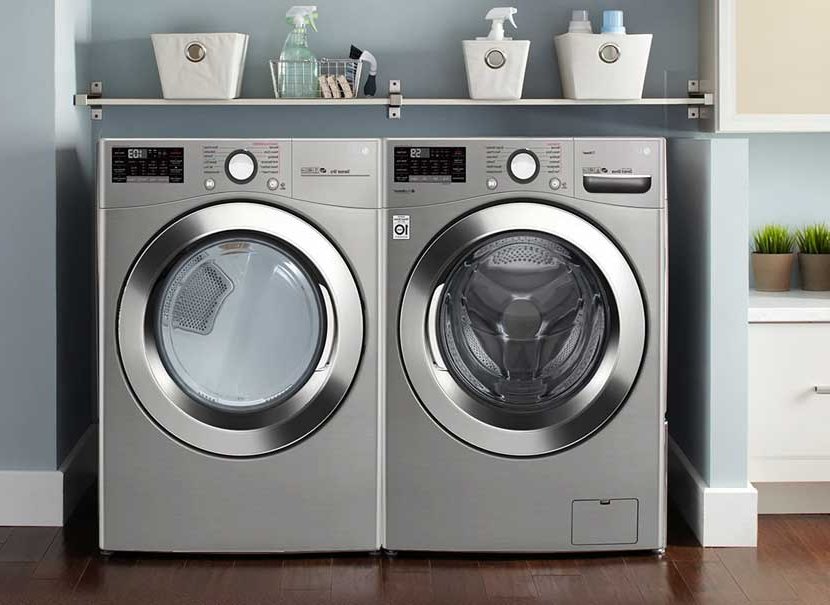
Electricity is a decisive factor in energy savings. You should use energy-saving light bulbs and take care to turn off the red "stand-by" light.
Turning on the light can also be a sustainable task if you bet on energy-saving bulbs and when purchasing the lamp you look at the eco-label. It should indicate that recycled materials have been used in its design.
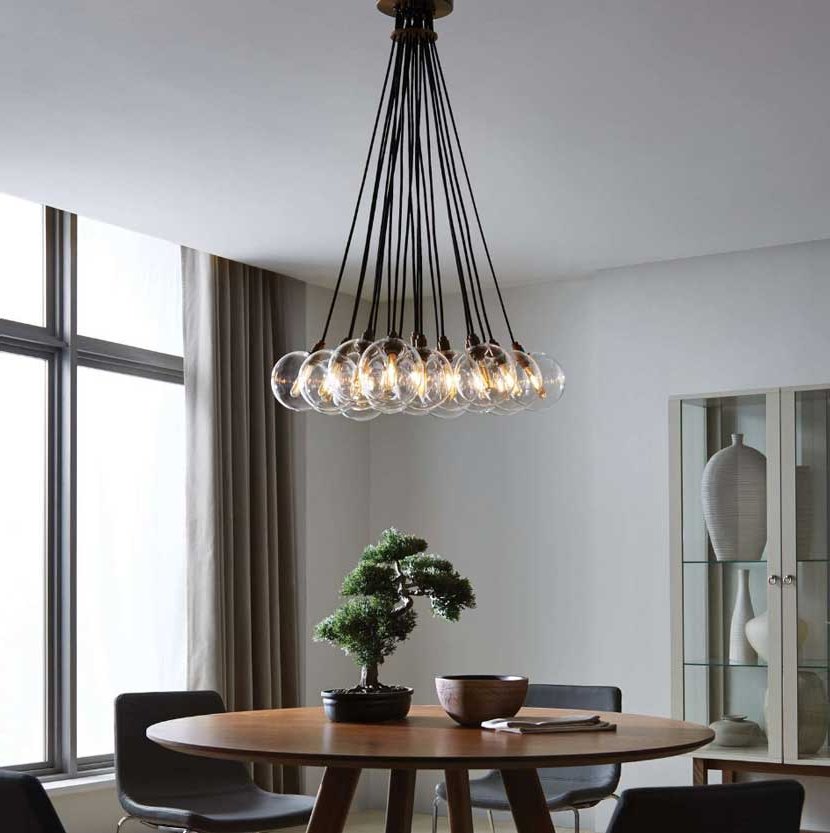
Allowing natural light into your home is a wise decision. Don't cover windows with thick curtains. Install dimmers to control light levels according to the area. Always unplug devices from the power strip and you will save 5% of light.
The ideal temperature for heating in closed spaces is between 19 and 21 ºC. Radiator and boiler maintenance is essential to avoid major breakdowns.
As for air conditioning, keeping a house at a temperature between 19 and 21º C is recommended. Going below or above this temperature can increase the consumption of your appliance by up to 7% for each degree.
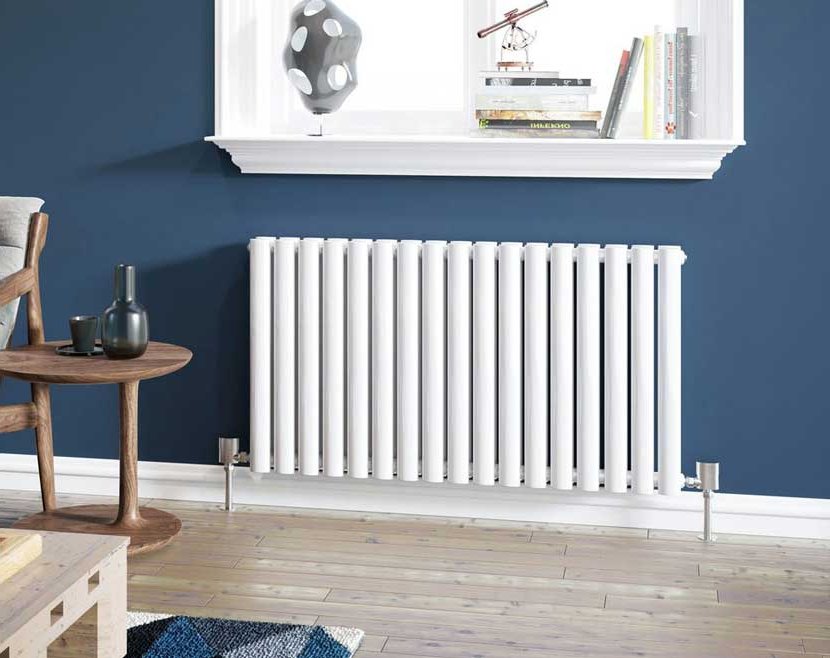
Occasionally, the boiler may require a tune-up due to a leak, for example. There are maintenance companies that, for a small annual fee, will fix any heating breakdowns that occur.


